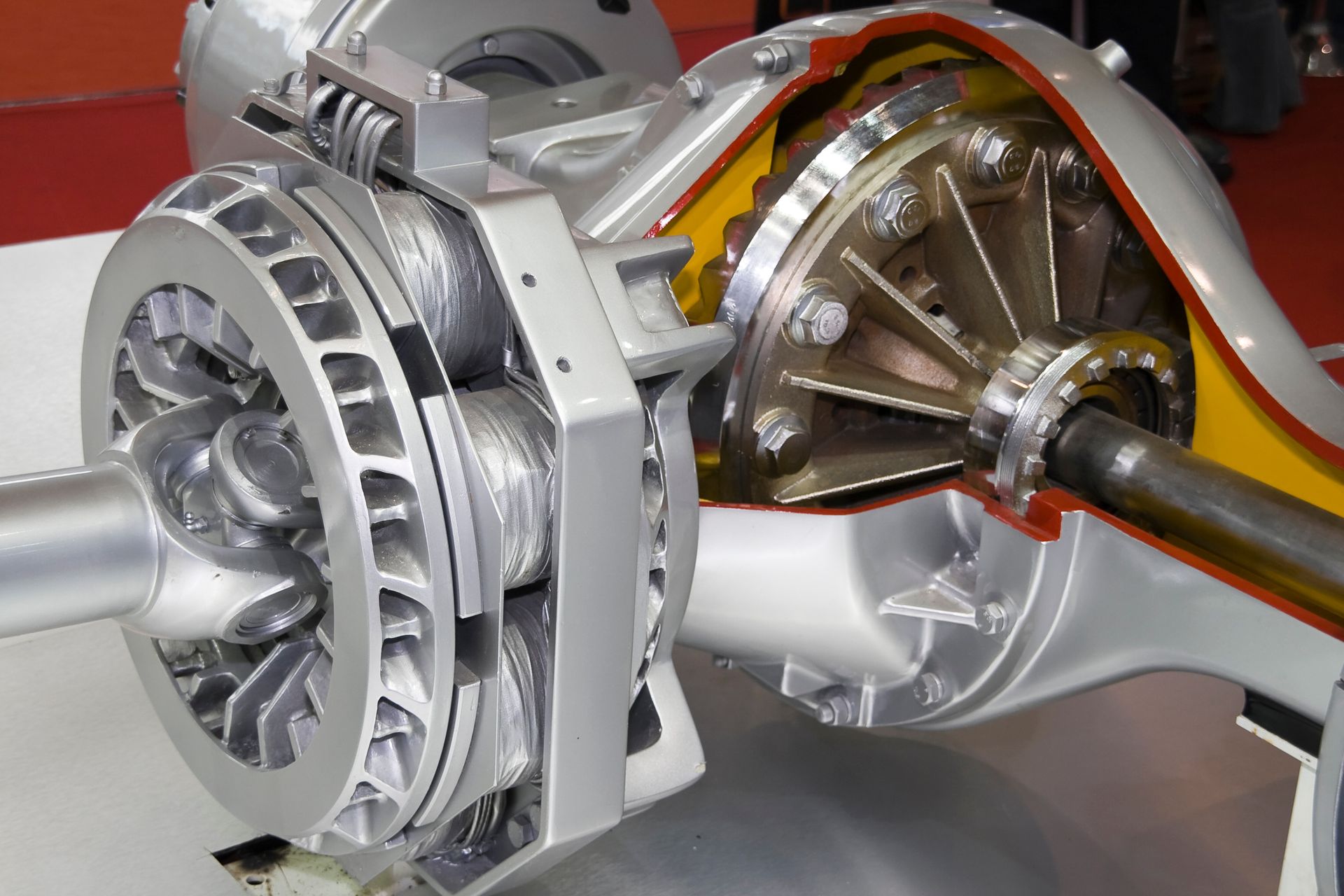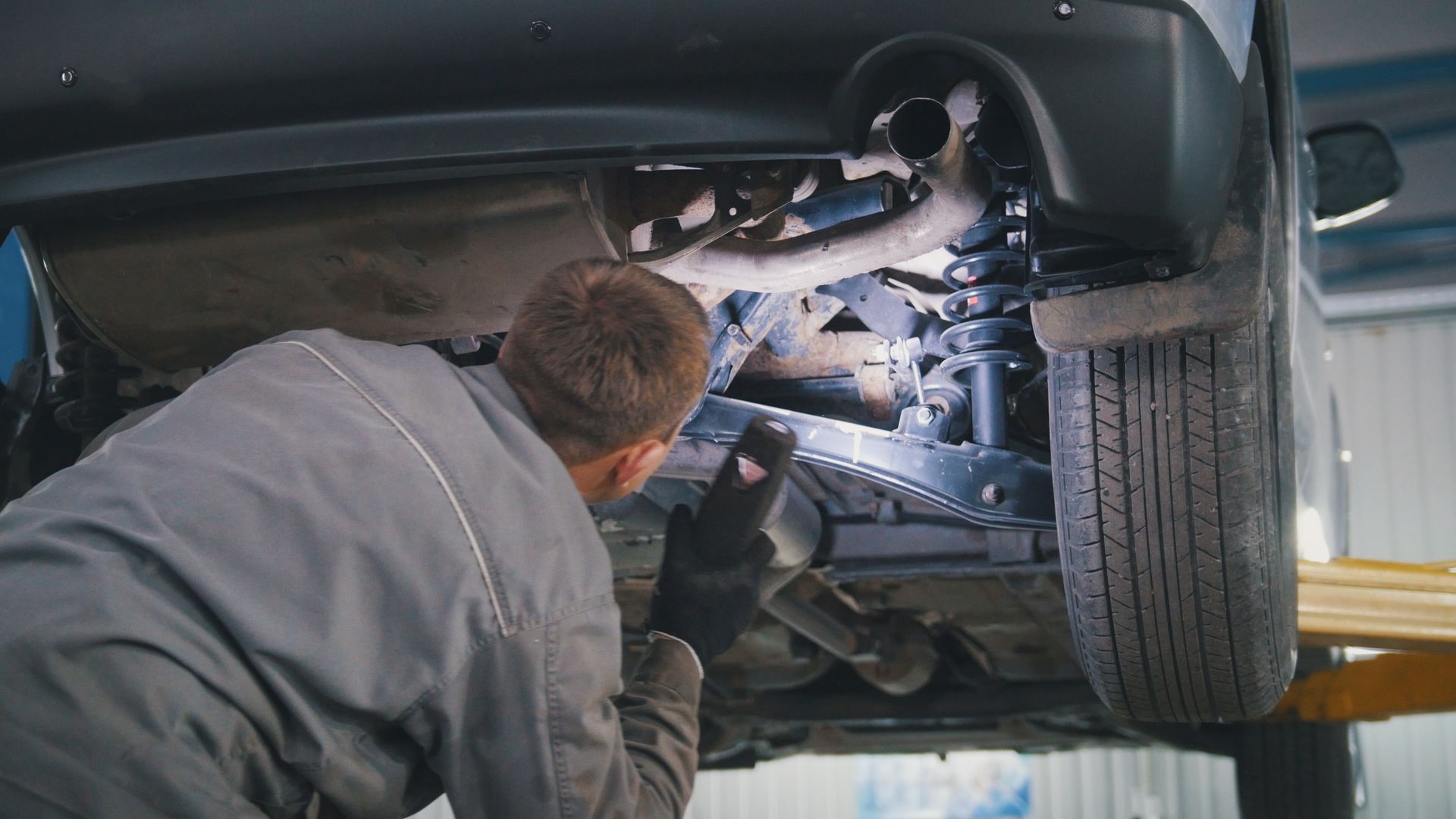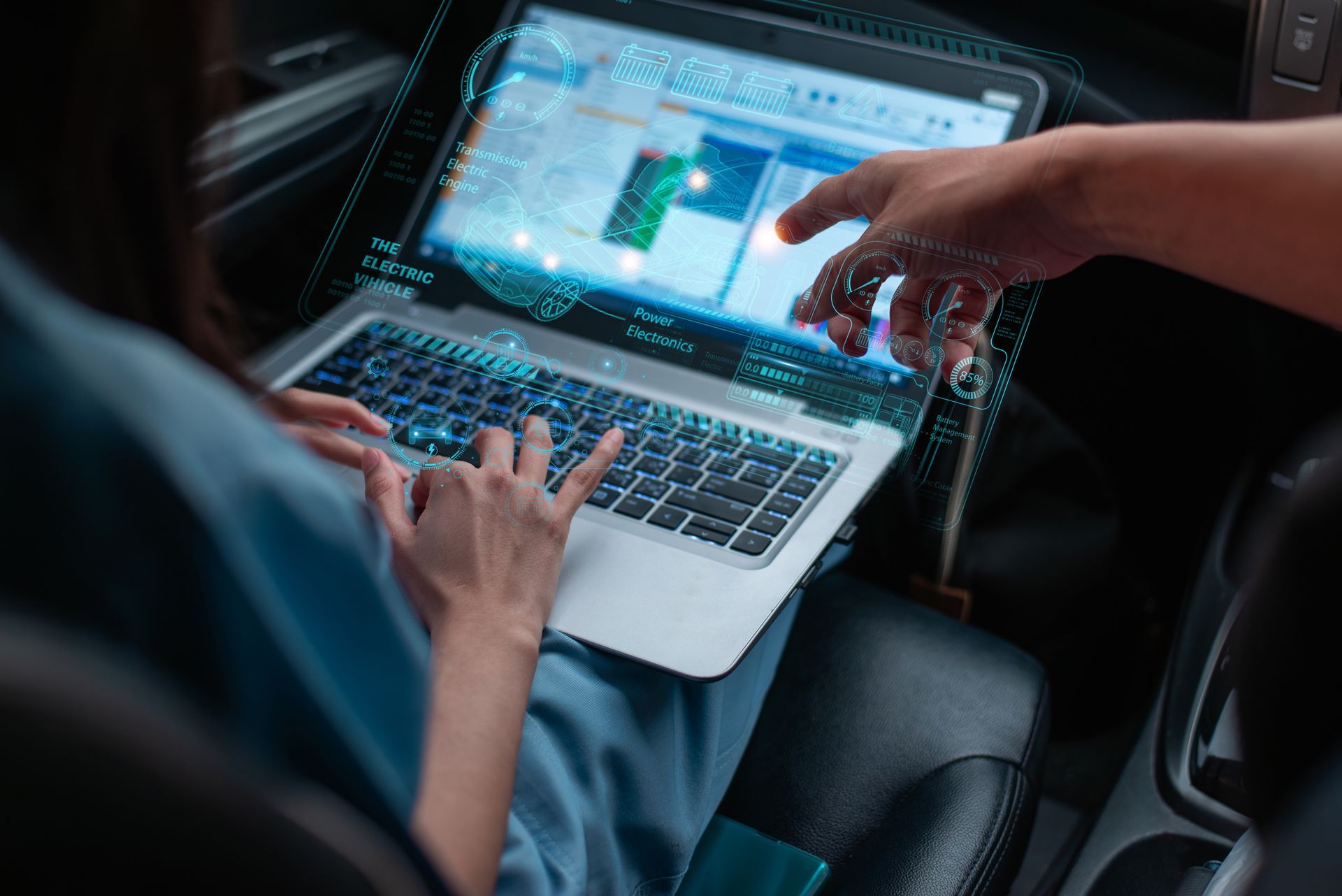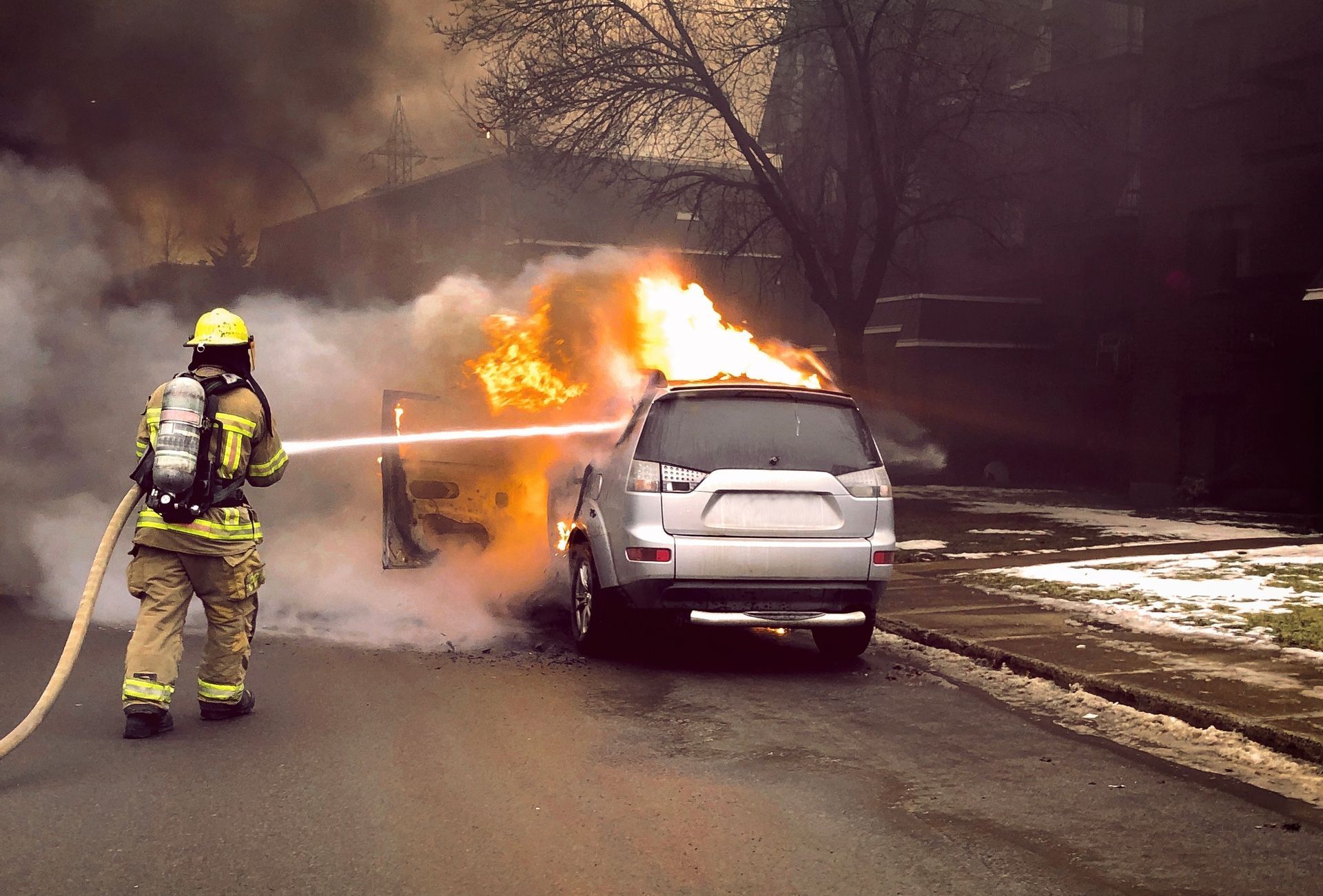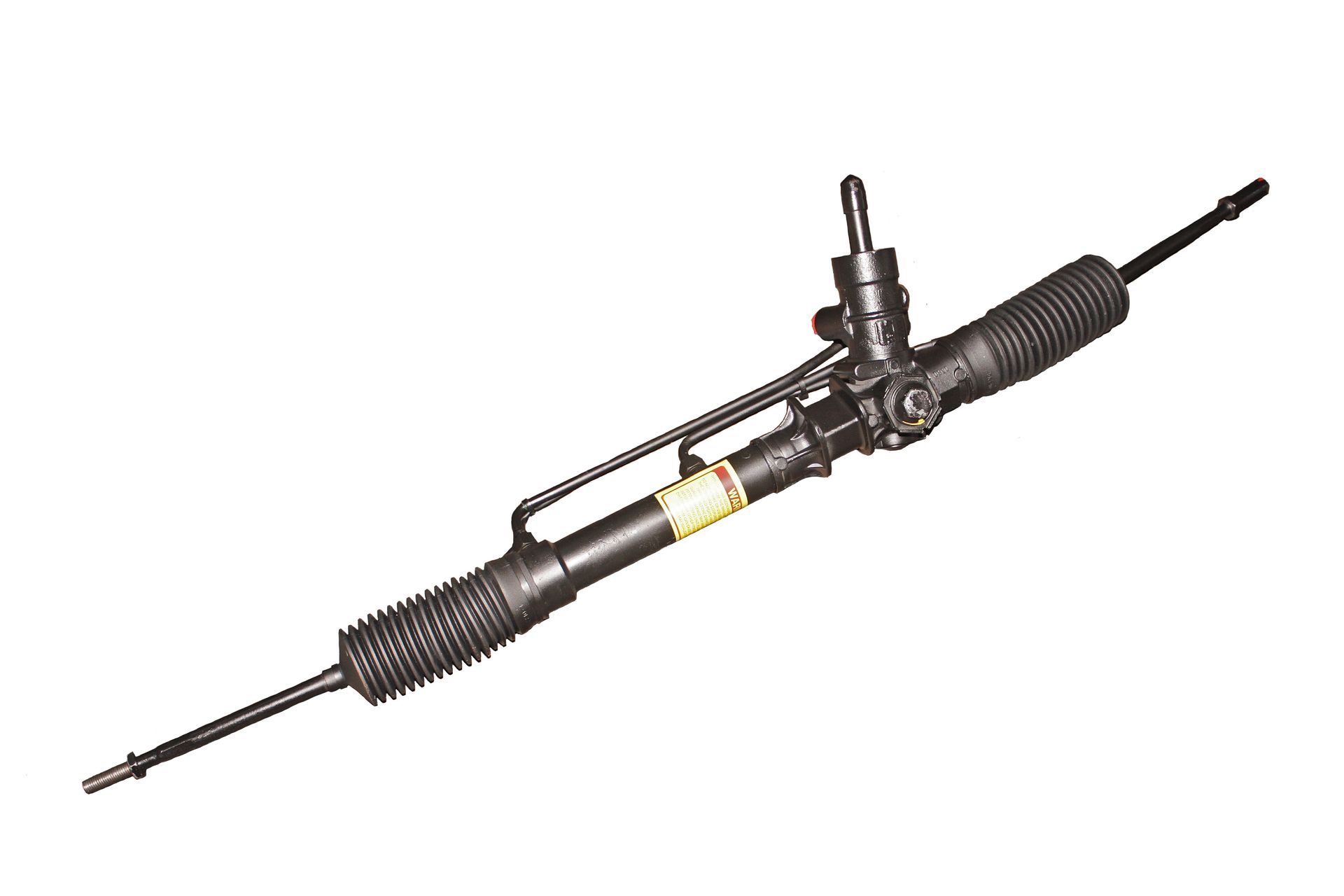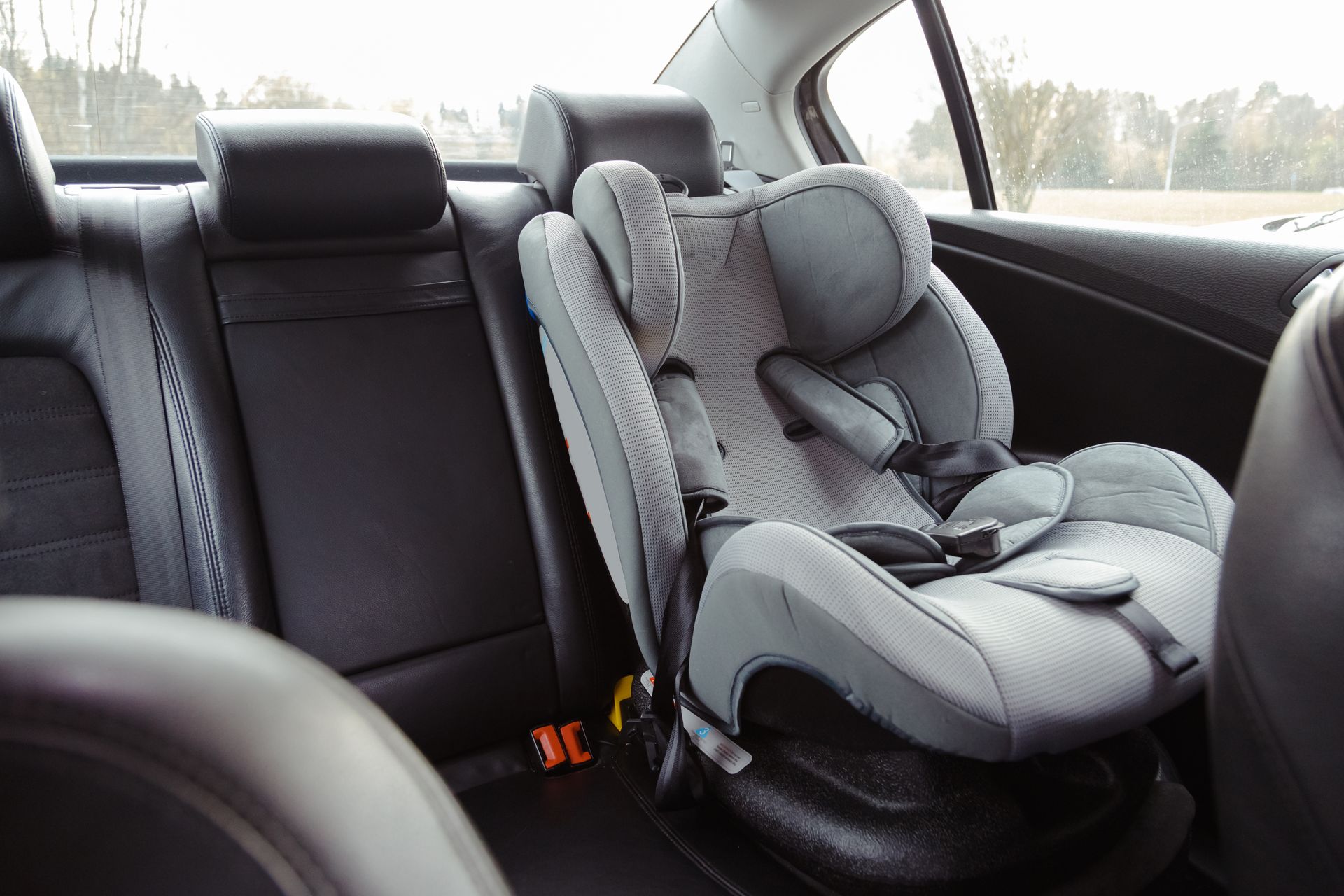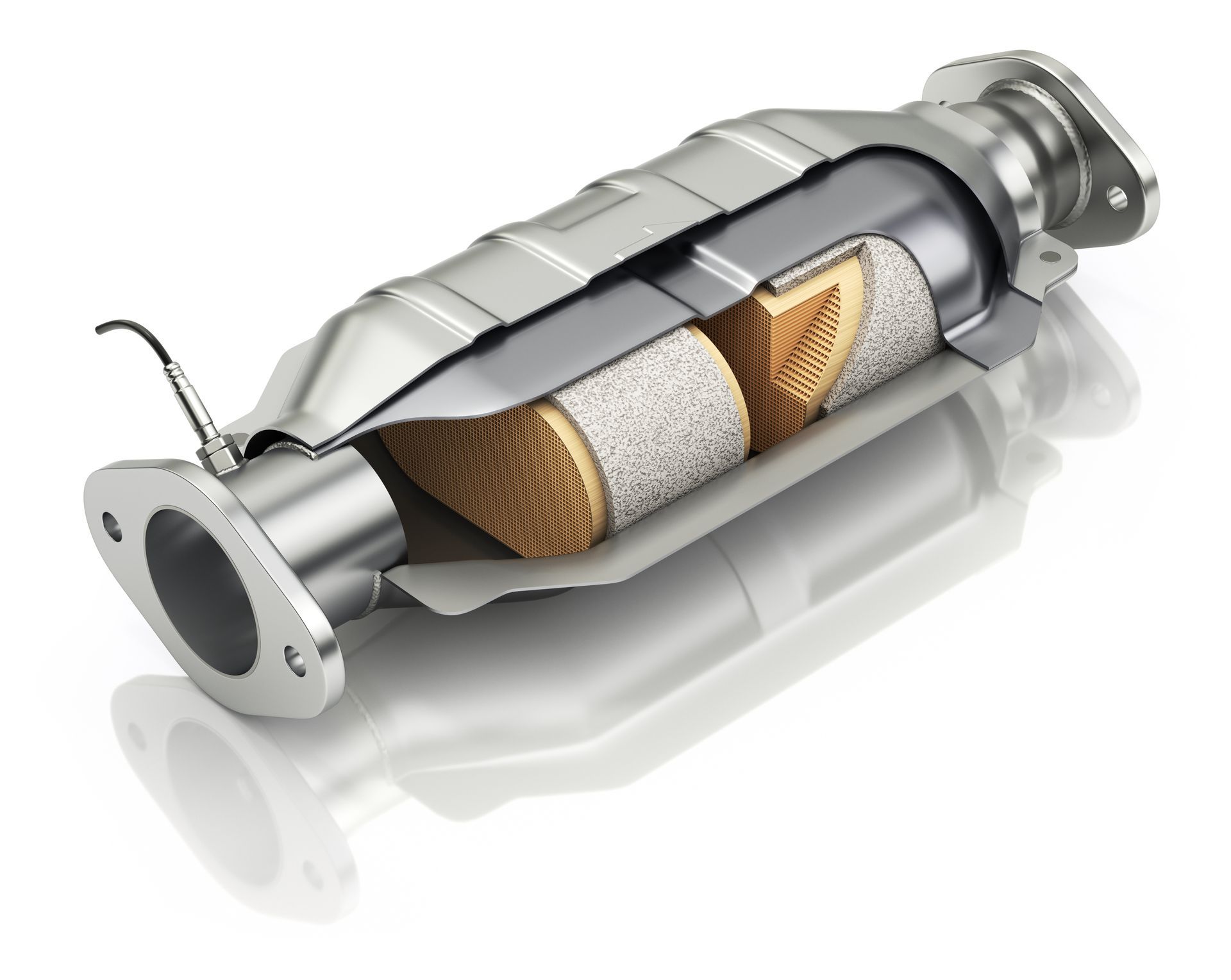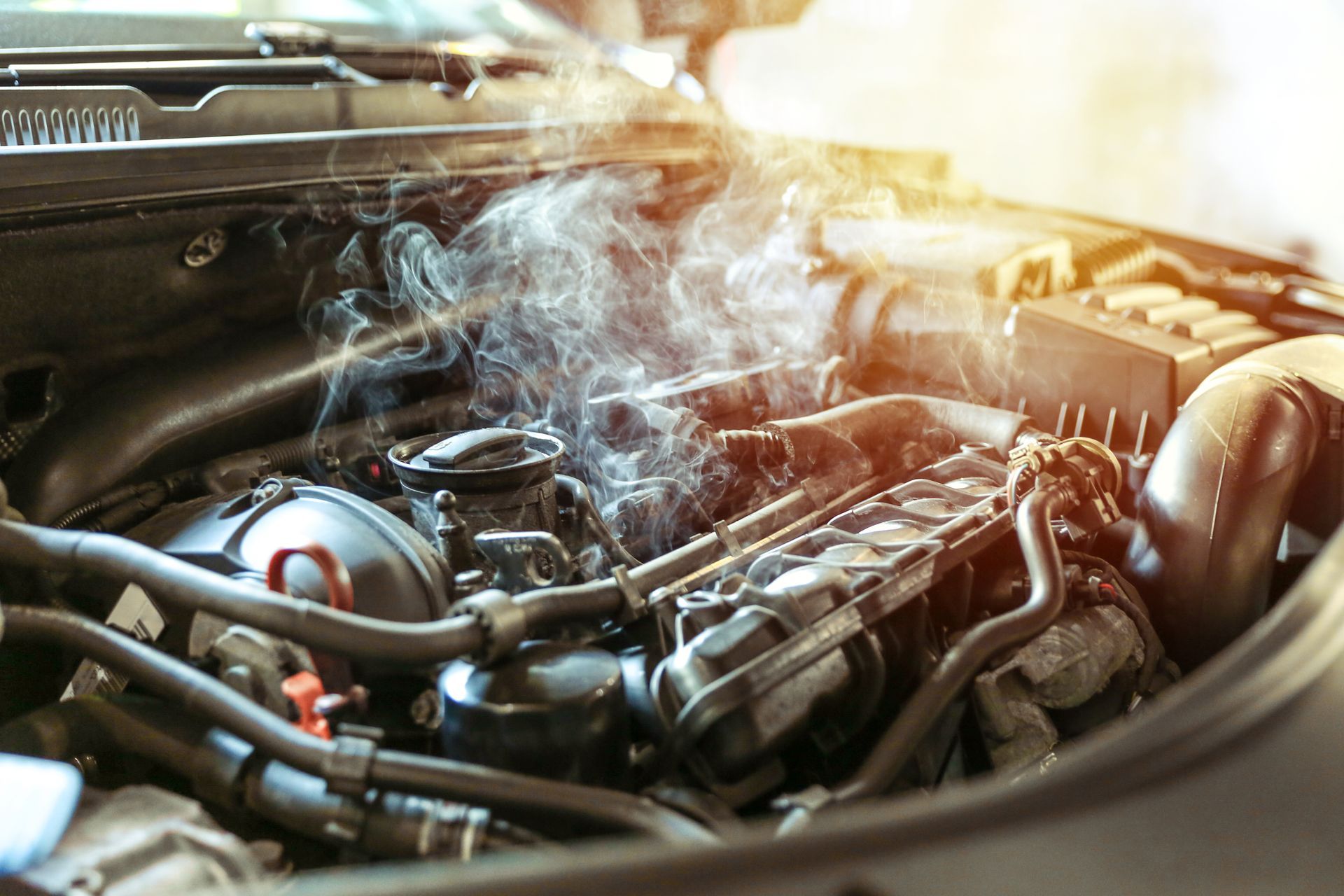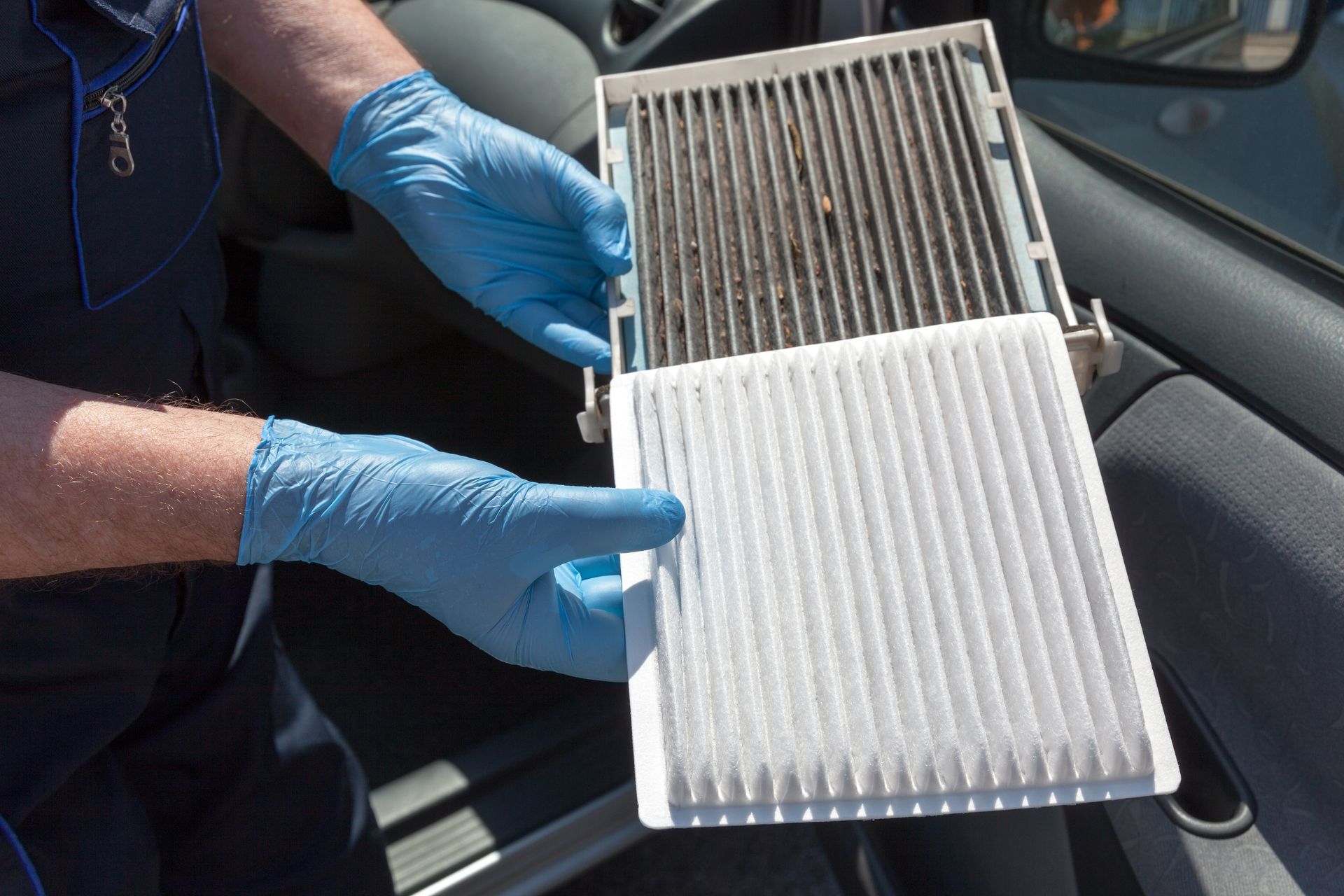Lift kits are popular among off-road enthusiasts and those looking to enhance their vehicles' appearance and performance. However, before diving into the world of lift kits, several factors must be considered to ensure a successful and safe installation. Below are key things to consider before getting a lift kit for your vehicle.
Vehicle Compatibility
Not all vehicles are suitable candidates for lift kits, so it's crucial to research compatibility before making a purchase. Consider factors such as the make and model of your vehicle, its suspension system, and its intended use. Some vehicles may require modifications or additional components to accommodate a lift kit properly.
Purpose of the Lift
Before investing in a lift kit, determine the primary purpose of the lift. Are you looking to improve off-road performance, enhance ground clearance, or achieve a more aggressive appearance? Understanding your goals will help you select the right type and size of lift kit for your needs.
Legal Regulations
Before installation, it's essential to familiarize yourself with local laws and regulations regarding lift kits. Some states have specific guidelines regarding maximum lift heights, tire size restrictions, and other modifications. Ensure that your lift kit complies with local regulations to avoid legal issues and potential fines.
Suspension System
Lift kits come in various types, including body lifts, suspension lifts, and leveling kits. Each type has its advantages and considerations regarding installation complexity, ride quality, and cost. Evaluate your vehicle's suspension system and choose the lift kit that best suits your preferences and performance requirements.
Tire and Wheel Size
Installing a lift kit often allows for larger tires and wheels, which can enhance off-road capabilities and aesthetic appeal. However, it's essential to ensure that the chosen tire and wheel size are compatible with your vehicle's lift height and suspension setup. Consider factors such as tire clearance, fender trimming, and steering geometry to prevent issues with rubbing or alignment.
Professional Installation
While some enthusiasts may have the skills and equipment to install a lift kit themselves, it's often recommended to seek professional installation. Professional technicians have the expertise and experience to ensure proper fitment, alignment, and safety. Additionally, professional installation may be required to maintain warranty coverage on certain vehicle components.
Cost and Budget
Lift kits vary in price depending on factors such as brand, type, and complexity of installation. Consider your budget and factor in additional costs for installation, alignment, and any necessary modifications or upgrades. Remember that quality components and professional installation can contribute to a safer and more reliable lift kit setup.
Maintenance and Upkeep
Installing a lift kit may impact your vehicle's handling, ride comfort, and fuel efficiency. Be prepared for potential changes in driving dynamics and budget for ongoing maintenance and upkeep, such as regular inspections, alignment adjustments, and tire rotations.
By considering these essential factors before getting a lift kit, you can make informed decisions
and ensure a successful upgrade for your vehicle. Whether you're seeking improved off-road capabilities or a more aggressive appearance, turn to
Wrench Junkies for a lift kit.
